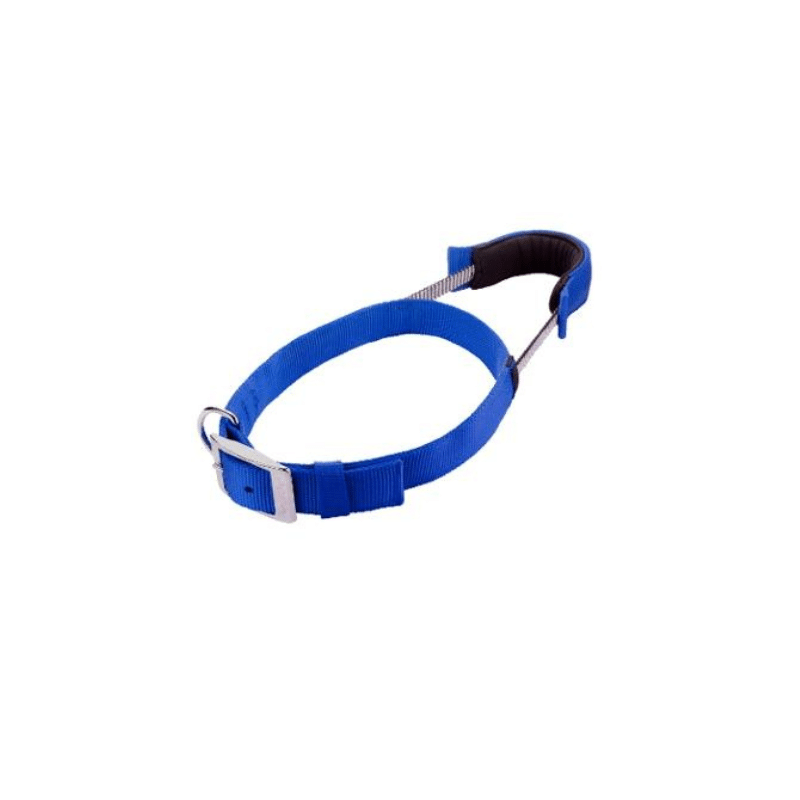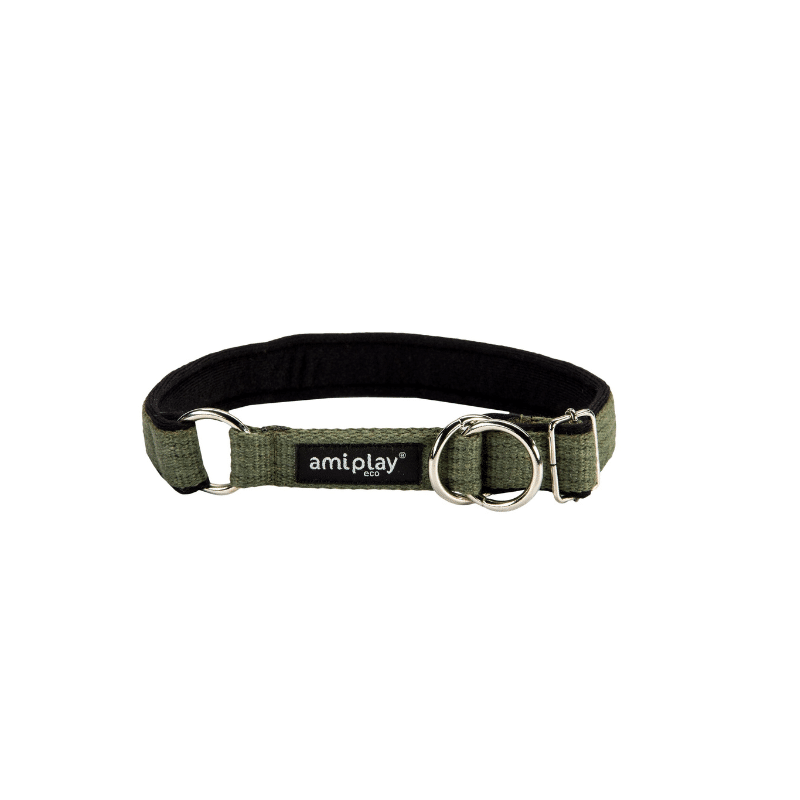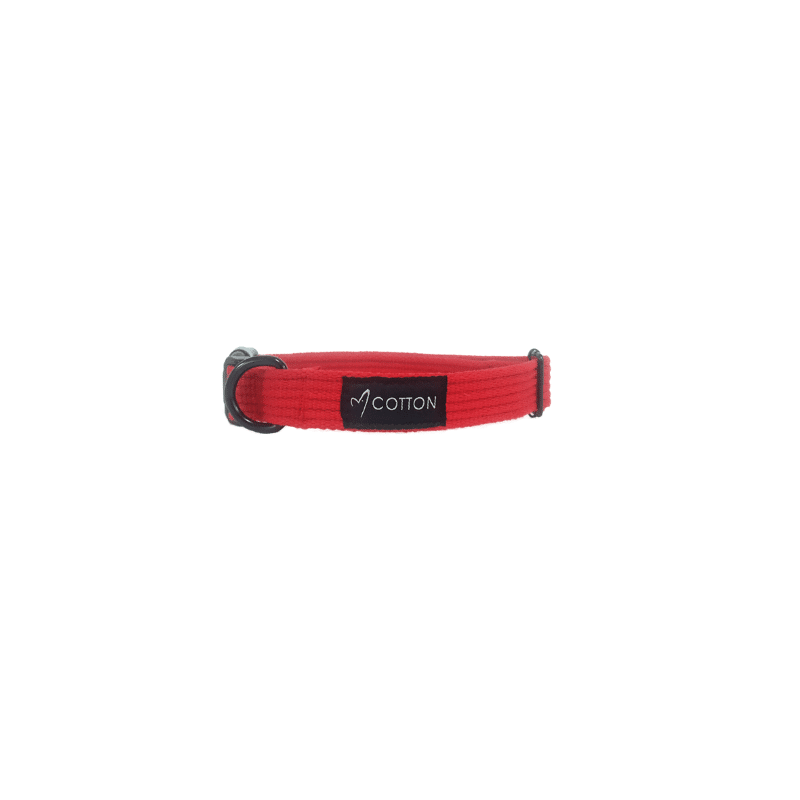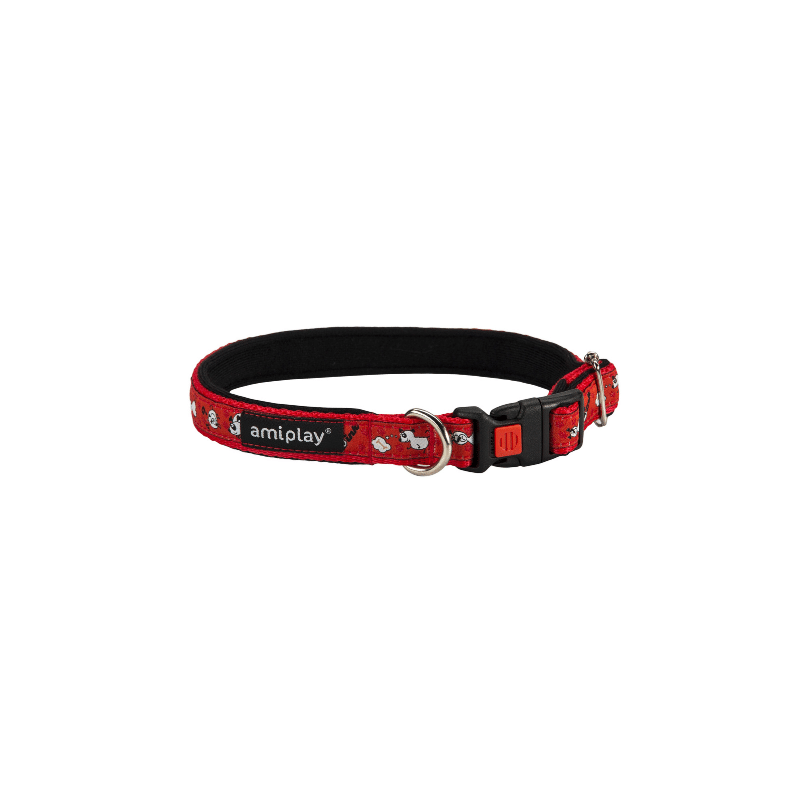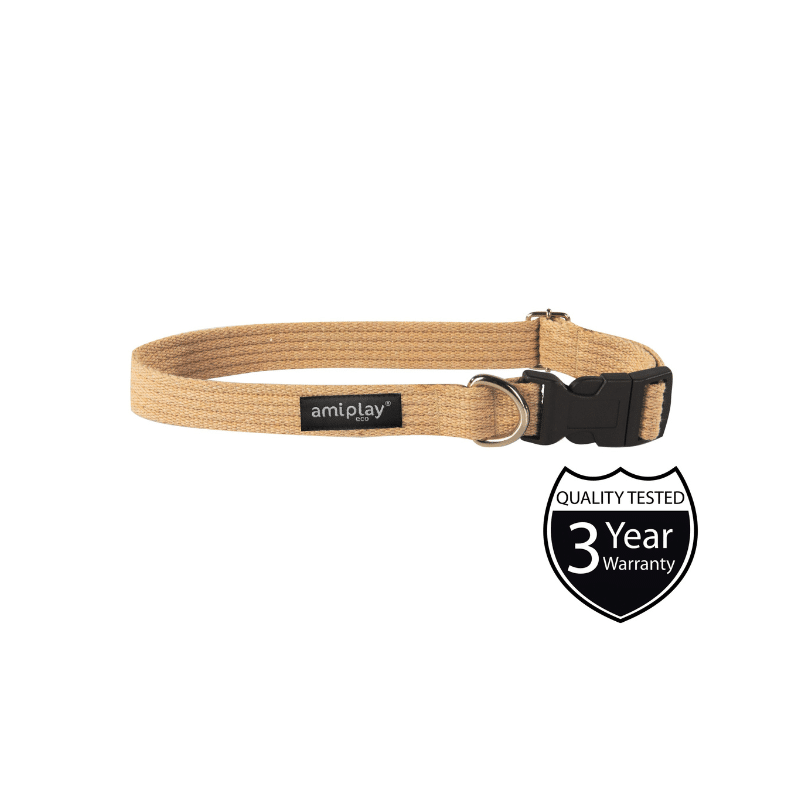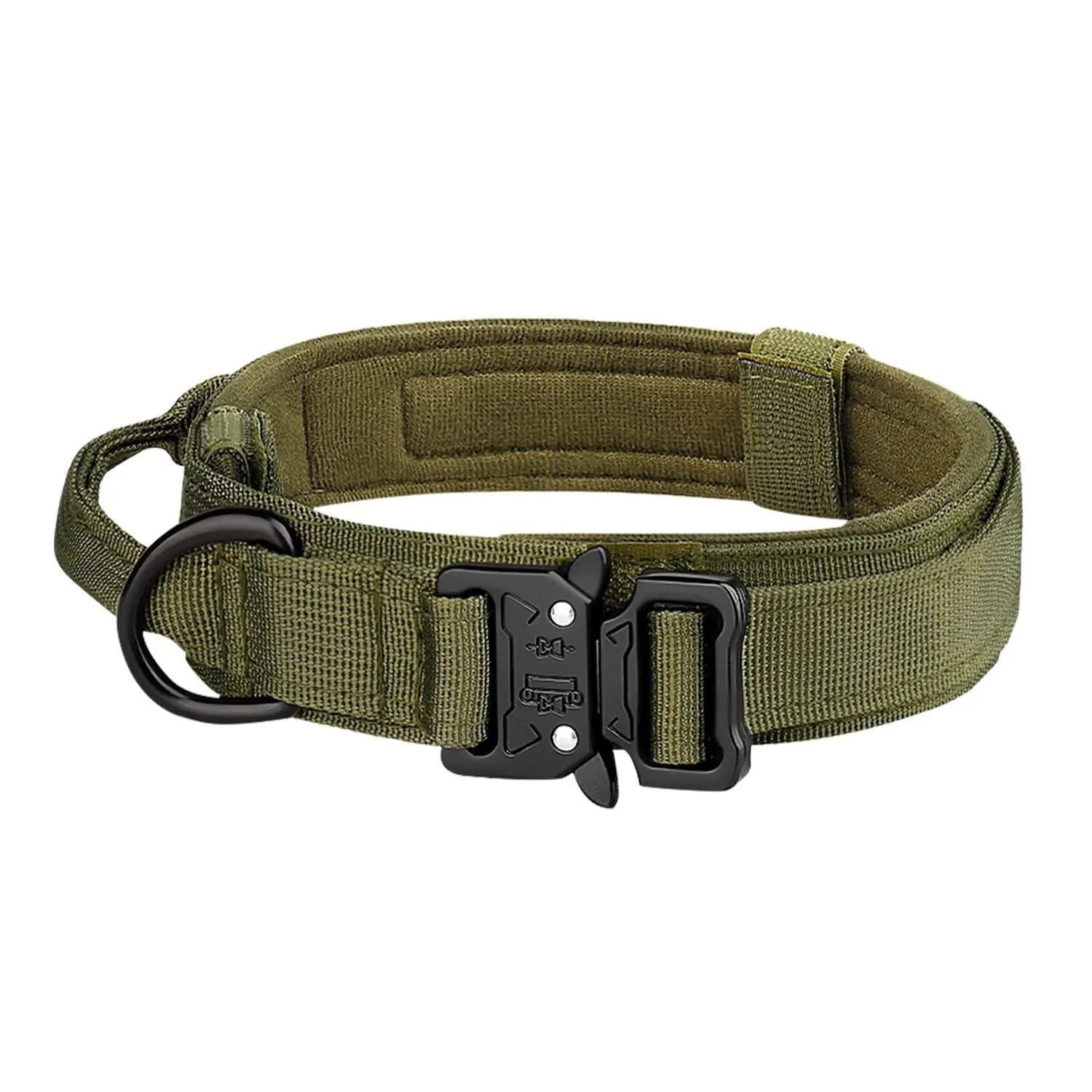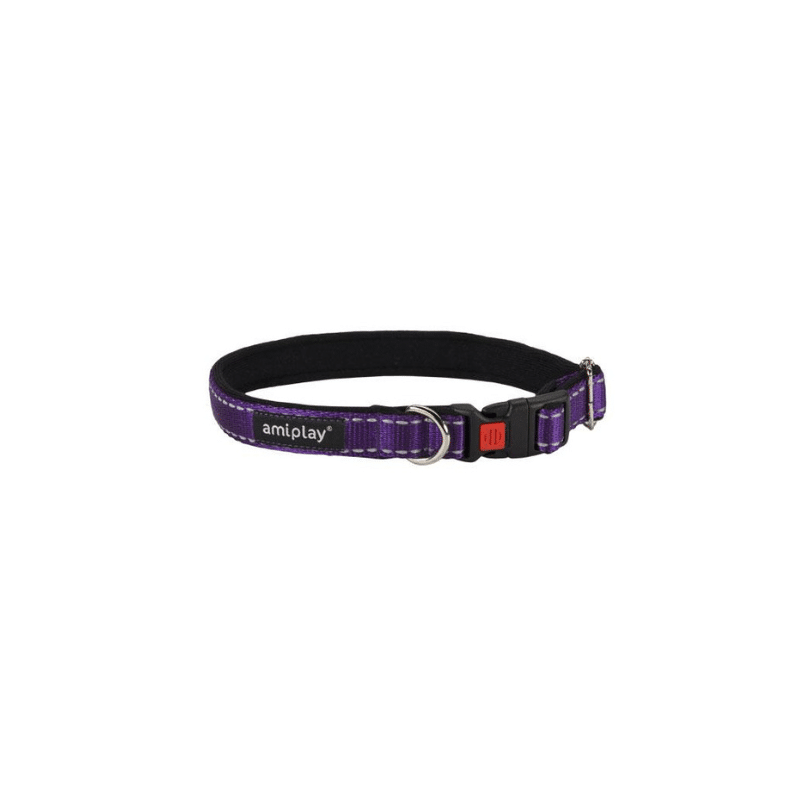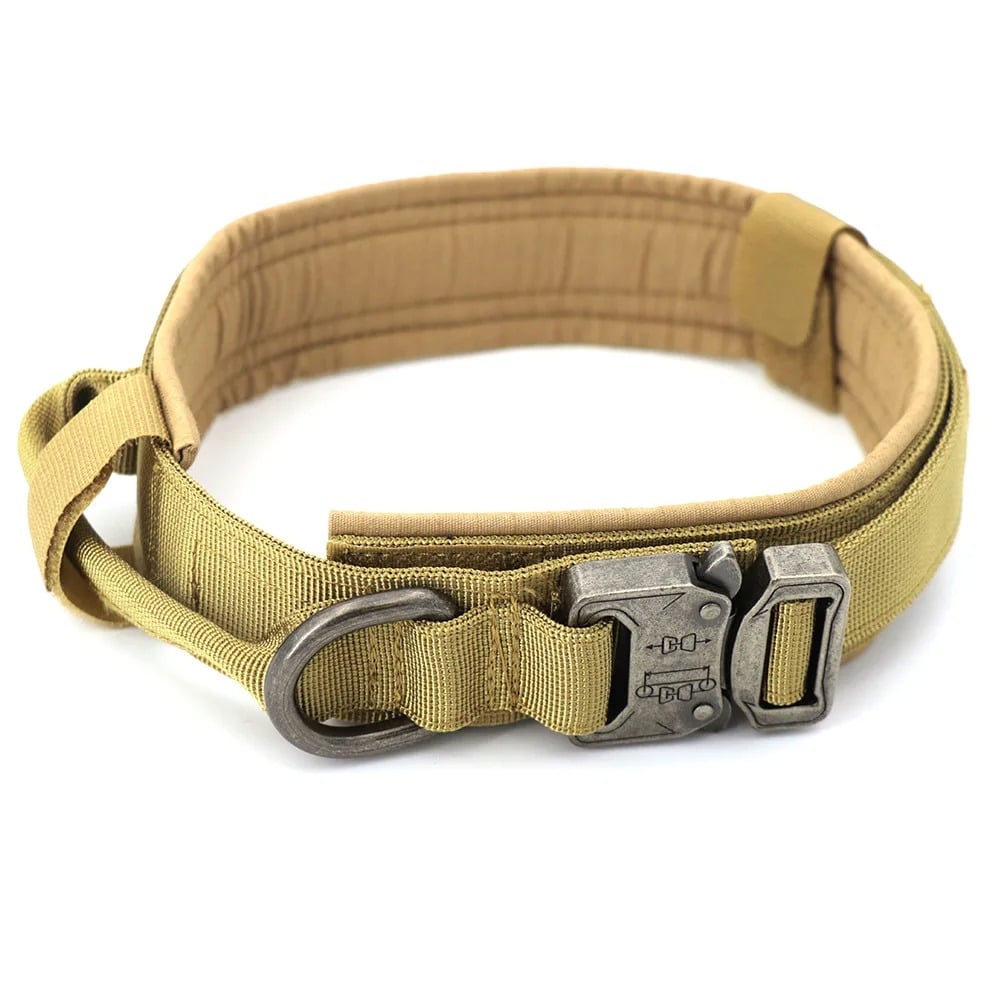Collar on Dog Uk

£13.99 – £19.99Price range: £13.99 through £19.99

£7.99 – £9.99Price range: £7.99 through £9.99

£8.99 – £10.99Price range: £8.99 through £10.99

£8.49 – £9.99Price range: £8.49 through £9.99
What Exactly Is a Dog Collar?
At its easiest, a dog collar is a strap that wraps around your dog’s neck, typically made from materials like nylon, leather, or fabric. It offers a number of vital features:
- Identification: Collars can hold tags with your contact details, guaranteeing your dog can be returned if they roam off.
- Control: When connected to a lead, collars give you mild control during walks.
- Training: Some collars are designed with training in mind, assisting instruct great walking habits.
- Style: Let’s be straightforward–many owners like selecting a collar that suits their dog’s character.
In short, collars are both practical and personal, making them an everyday essential for dogs throughout the UK.
Why Collars Are So Important in the UK
In the UK, the Control of Dogs Order 1992 makes it obligatory for dogs in public areas to wear a collar and identity tag. The tag must consist of:
- The owner’s name and address (phone number is optional but strongly suggested).
Failure to conform can lead to penalties of up to ₤ 5,000– so having a collar isn’t just about convenience; it’s a legal duty.
Beyond the law, collars also give peace of mind. Whether you live in a busy city or a silent countryside village, understanding that your dog has your details on them at all times is a significant confidence boost.
Popular Types of Dog Collars in the UK
There isn’t a one-size-fits-all solution when it comes to collars. The best option depends on your dog’s breed, size, personality, and lifestyle. Here are the most typical kinds you’ll see throughout the UK:
1 Flat Collars
- Best for: Everyday use
- Features: Simple buckle or break attachment, comes in different materials and styles
- Why it functions: Ideal for affixing ID tags and leads, comfortable for most dogs
2 Rolled Collars
- Best for: Dogs with long or thick fur
- Features: Rounded design avoids matting and damage to hair
- Why it functions: Keeps your dog’s coat looking smooth and healthy
3 Martingale Collars
- Best for: Dogs with slim heads (like Greyhounds or Whippets)
- Features: Limited-slip design prevents dogs from sliding out
- Why it functions: Provides mild control without choking
4. Harness Collars (Hybrid Systems)
- Best for: Dogs prone to pulling
- Features: Combines collar and harness features for more control
- Why it functions: Reduces strain on the neck and spreads pressure throughout the chest
5. Leather Collars
- Best for: Durability and ageless style
- Features: Sturdy, long-lasting, ages perfectly
- Why it functions: Comfortable and strong, ideal for larger breeds
6. Specialist Training Collars
- Best for: Specific training needs
- Features: May consist of head collars or slip collars
- Why it functions: Helps train dogs safely when utilised appropriately, though not for everyday wear
Matching Collars to Lifestyle
Picking a collar isn’t just about size– it’s about how and where you and your dog invest your time.
- City dogs: Reflective or LED collars help with visibility on dark streets.
- Countryside buddies: Strong, weather-resistant materials like leather or waterproof fabric are ideal
- Fashion-aware owners: Colourful, formed collars allow your dog’s character to shine.
Imagine this: You’re heading out for a walk in central London at sundown. Your Labrador uses a reflective collar that lights up when autos pass. Not only does it look wise, but it also makes him noticeable and safe in busy web traffic. That’s the difference a thoughtful selection can make.
Key Features to Look for in a Dog Collar
When shopping for a dog collar in the UK, it’s easy to become bewildered by the sheer number of options. To make things easier, here are the most vital features to consider:
1 Material Quality
- Nylon: Lightweight, economical, and available in endless colours.
- Leather: Sturdy, stylish, and long-lasting, but needs some care.
- Eco-friendly fabrics: Options like hemp are gaining appeal for sustainability.
A great collar should be durable sufficient for daily use yet comfortable for your dog’s skin.
2 Adjustability
Dogs expand, shed weight, or gain mass depending on diet and exercise. A collar with adjustable sizing guarantees a snug but comfortable fit throughout these changes.
3 Safety Features
- Quick-release buckles for emergencies
- Reflective stitching for visibility
- Soft padding to prevent massaging or chafing
4. Design and Style
While function comes first, style is a close 2nd. From tartan patterns that shriek “British countryside” to smooth leather for a more classic appearance, the design is your opportunity to allow your dog’s character to shine.
Benefits of the Right Collar
Investing in a quality collar isn’t just about ticking a legal box– it comes with real, everyday benefits.
- Safety First: A well-fitted collar with ID tags implies your dog can always be identified.
- Comfortable Walks: The right collar makes walks pleasurable for both you and your pup.
- Training Aid: Certain collars, like martingale styles, can delicately help with training.
- Longevity: High-quality collars may cost more upfront, but conserve cash in the long run over the long term.
- Style Statement: Let’s admit it–many owners like clothing their pets with collars that show their own preference.
Real-Life Scenarios: Collars in Action
Sometimes the best means to comprehend the significance of collars is with tales. Here are a couple of practical instances UK dog owners could associate with:
- Sam and Daisy (the city Labrador)
- Sam lives in Manchester and takes his Labrador, Daisy, for evening walks. He picks a reflective nylon collar with a quick-release buckle. Not only does Daisy’s appearance look stylish, but the reflective material provides Sam peace of mind near busy roadways.
- Amelia and Milo (the countryside Spaniel)
- Amelia lives in Devon with her energised Spaniel, Milo. She opts for a leather collar that can endure mud, rain, and the periodic dip in a stream. The collar softens over time, coming to be more comfortable for Milo while still looking wise.
- James and Bella (the rescue Greyhound)
- James has lately taken on Bella, a Greyhound. Knowing that Greyhounds often slip out of normal collars, he picked a martingale collar. It delicately tightens up when Bella draws, guaranteeing she remains safe without pain.
These scenarios program how the right collar can make a large difference depending on lifestyle, breed, and setting.
Comparing Collars to Alternatives
Some owners ask themselves whether collars are the only option. The reality is, while collars are essential for ID tags and legal conformity, there are choices worth taking into consideration:
Collars vs. Harnesses
- Harness Pros: Reduces strain on the neck, especially for pullers; great for small breeds and brachycephalic dogs (like Pugs).
- Harness Cons: Doesn’t change the legal requirement for a collar and tag; can be more difficult to fit appropriately.
Collars vs. Head Collars
- Head Collar Pros: Great training help for dogs that pull exceedingly.
- Head Collar Cons: Takes time for dogs to adjust, not suitable for all breeds.
Collars vs. DIY Options
While some individuals attempt DIY options (like headscarves or makeshift straps), these do not satisfy UK legal criteria and can pose safety risks. A skillfully designed collar is always the much better selection.
In short, a collar is non-negotiable in the UK, but combining it with a harness or training device can make walking easier and more pleasurable.
Midway Recap
By now, we have actually covered:
- Why collars are essential in the UK (both legitimately and almost)
- The primary kinds of collars available
- Key features and benefits of appearance for
- Real-life instances of collars in action
- Comparisons with various other walking help
In the next area, we’ll cover every little thing with Frequently Asked Questions, buying tips, and a warm final thought to help viewers act.
Frequently Asked Questions About Dog Collars in the UK
1 Do dogs have to wear collars in the UK by law?
Yes, under the Control of Dogs Order 1992, all dogs in public areas must wear a collar with an identification tag that displays the owner’s name and address. A phone number is optional but strongly suggested. Not adhering to this guideline can result in penalties.
2 What’s the best type of collar for a puppy?
For puppies, a lightweight adjustable collar made of nylon or soft fabric jobsbest Since puppies expand swiftly, appearance for a collar that can be quickly resized without causing pain.
3 How do I measure my dog for a collar?
Use a versatile tape measure and wrap it around the base of your dog’s neck, just over the shoulders. Add about two fingers’ worth of space to guarantee it’s snug but not limited. The “two-finger guideline” is a safe guide.
4. Can my dog wear just a harness rather than a collar?
Even if your dog uses a harness for walks, UK law still requires them to wear a collar with ID tags in public. A harness alone does not satisfy legal criteria.
5. Are personalised collars worth it?
Yes, personalised collars with your dog’s name and phone number embroidered or engraved can be a stylish and practical means to keep your pet safe. However, they should still consist of a tag with full details to conform to the law.
Buying Tips: How to Choose the Perfect Collar in the UK
When you prepare to buy, keep these tips in mind:
- Prioritise comfort— Choose soft, padded, or smooth materials that will not aggravate your dog’s skin.
- Check adjustability— Make certain the collar expands with your dog (especially for puppies).
- Match to lifestyle— Reflective collars for night walks, leather for durability, or waterproof options for daring dogs.
- Think long-term— Spending a little more on a high-quality collar can conserve cash and inconvenience down the road.
- Look for UK retailers with strong reviews— Whether you buy from a high-street pet shop or a reliable online store, customer feedback is a great indicator of quality.
A Friendly Reminder for Dog Owners
It’s easy to think of a dog collar as a small accessory. Still, in truth, it’s one of the most vital pieces of gear you’ll ever buy for your pet. A collar maintains your dog safe, legal, and stylish–and when picked very carefully, it makes daily life easier for both of you.
Picture this: you’re walking with your favourite park, lead in hand, your dog gladly running close to you in a collar that fits completely. You feel secure understanding that if they ever run off, they have your details right there with them. That peace of mind is invaluable.
Conclusion: Time to Find the Right Collar
Now that you know the ins and outs of dog collars in the UK, you’re prepare to select the one that best fits your furry friend. From practical leather collars to reflective night-time options, there’s a perfect fit for every dog and every lifestyle.
If you’re taking into consideration a purchase, start by inspecting reputable UK pet retailers online or going to your local pet shop to see the options up close. Remember: a great collar is an investment in your dog’s safety, comfort, and happiness.
So whether you’ve just invited a spirited puppy into your home or you’re dealing with your faithful companion to an upgrade, make certain their collar is as trustworthy as the bond you share.


